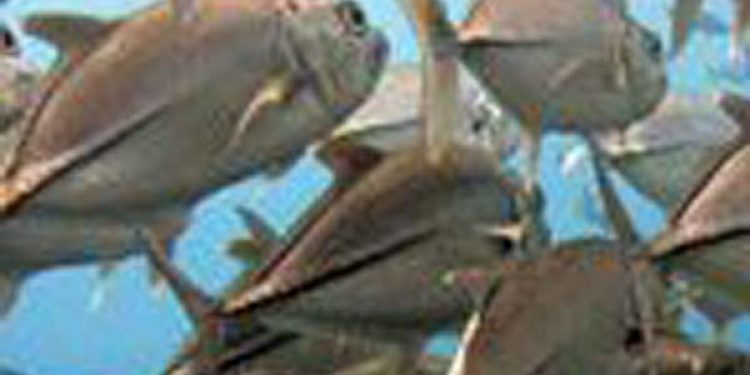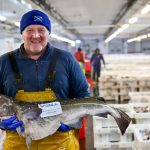Whether buying a tin of tuna or a Michelin-starred meal, shoppers choosing MSC-labelled seafood are helping to create a wave of sustainable fishing practices around the world, according to a new report, published today by the Marine Stewardship Council.
In the MSC Global Impacts Report 2013, environmental scientists Dr David Agnew and Dr Nicolas Gutierrez identified almost 400 improvements in MSC certified fisheries with the average improvement action plan taking only three years to complete.
The report highlights some key improvements:
– 13 fisheries have improved stock management, bringing stock levels up to accepted global best practice for healthy stocks (Biomass at maximum sustainable yield or Bmsy). For example, North Sea herring
– 22 fisheries have completed improvement action plans targeted on habitats and ecosystems, including gear modification, additional investment in research, and new closed areas
– 64 fisheries have completed fishery management improvements including strengthened compliance with regulations.
Further commitments for improvements include:
– Reducing the impact of fishing on seabed habitats by 2016 (a quarter of fisheries – 27 per cent – have such action plans)
– Providing information around impacts on Endangered, Threatened and Protected species by 2016 (a third of fisheries – 35 per cent)
– Committing to producing robust harvest control rules by 2016, which will protect stocks for future generations (two fifths of fisheries – 41 per cent)
Unique research
This is the first time the MSC has published a quantitative evaluation of its performance and impact on the oceans and seafood markets. It is the only seafood certification program to be carrying out this sort of performance evaluation at present.
Meeting high expectations
Dr Agnew, MSC Standards Director, explained: “There’s a natural expectation from those involved in the MSC program, particularly consumers and retailers, that their actions are contributing to improving the status of the marine environment. The 2013 Global Impacts Report presents a quantitative evaluation of ‘on the water’ impacts, the contribution of the MSC to creating a market for sustainable seafood, and case studies of sustainable fisheries from across the globe.”
FiskerForum.com









